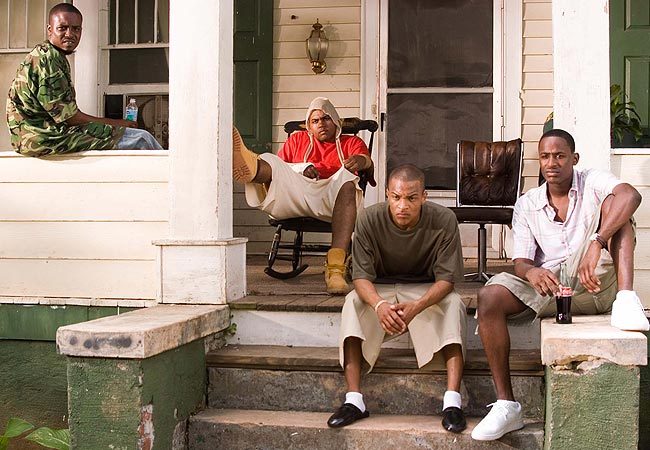The Illusion of MONEY, TIME & EGO

Alan Wilson Watts (6 January 1915 – 16 November 1973) was a well-known British philosopher, writer and speaker, best known for his interpretation of Eastern philosophy for Western audiences.
How many of your financial decisions are made consciously? If you believe you make conscious decisions with your money, how do you know they are conscious?

It is difficult to think about money honestly and objectively because it is difficult to observe the ego honestly and objectively. The simple act of thinking is not consciousness; it is a function of ego, which is the antithesis of consciousness.
In other words, if you are thinking of money, whether it is investing, saving, budgeting, or something as simple as buying groceries, ego is the “inner voice” that you hear; it is giving you the rationale for your financial behavior.
What does this mean and why does it matter? The short answer, from a financial perspective, is that ego costs you money! The longer answer, which I will touch upon in this and in future posts, is that ego can take you farther away from your authentic self and cause harm in all areas of life, not just financial.
“Illusions commend themselves to us because they save us pain and allow us to enjoy pleasure instead. We must therefore accept it without complaint when they sometimes collide with a bit of reality against which they are dashed to pieces.” ~ Sigmund Freud
Ego is an illusionist. If you are aware of an illusion, it ceases to be an illusion. It is not until one begins to think about thinking—when the observer and the observed are the same (you)—that the ego is revealed and the illusion dissolves.
In other words, ego and awareness cannot co-exist; therefore only self-awareness is required to minimize or remove the negative potential of ego.
To aid in your awareness, consider some of the things and some of the results that the ego wants and how it can hurt you:
- Ego wants to be heard: It is the inner voice that chatters endlessly in your mind.
- Ego wants safety: With regard to money, ego creates anxiety: The stock market is falling! What will I do? What will happen to my money? Where should I invest now? How do I save more money? The value of my home is lower! My net worth is the lowest it’s been in a decade!
- Ego lives in physical reality: It does not know that the answers are inside so it seeks them outside. Self-worth, to the ego, is defined in physical terms: How much money do I have? How big is my house? What do others think?
- Ego wants to thrive and survive: It consumes messages that give it energy; it looks for information that confirms its biases (i.e. If the bias is toward rising stock prices, ego wants information supporting rising stock prices and ignores information supporting falling stock prices).
- Ego wants to compete: It wants to win; it wants to make more money than your neighbor; it wants to climb the corporate ladder; it wants your physical appearance to be more attractive than others; it wants to be right; and it wants to prove others wrong.
- Ego is envious: And the result is to seek and possess more money, material wealth and social status, which are all perceived by the ego as integral and necessary units of survival.
- Ego rationalizes: Success confirms that “I am right” and failure is perceived as a fluke.
- Ego is becoming: The ego is always on its way to something; to be somebody, to be something or to be somewhere else. If happiness is obtained, happiness stretches to a larger size so that its pursuit is continued and the survival of ego is ensured. There is no such thing as “good enough.” To be “nobody” is simply unacceptable. Ego lives in the future; it cannot live in the present moment. Because ego is always becoming, it is never Being.
source: fopsobserver.com
